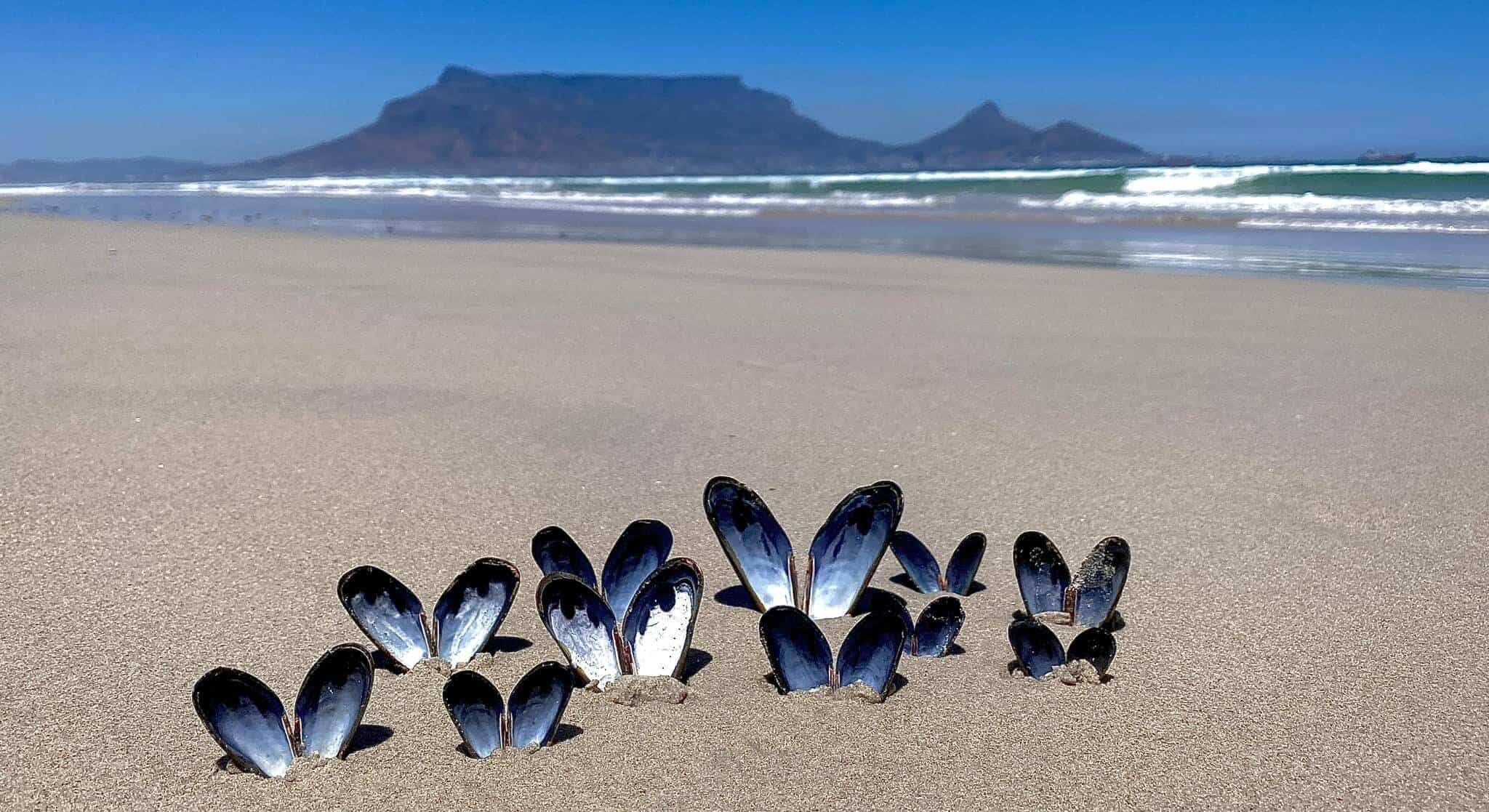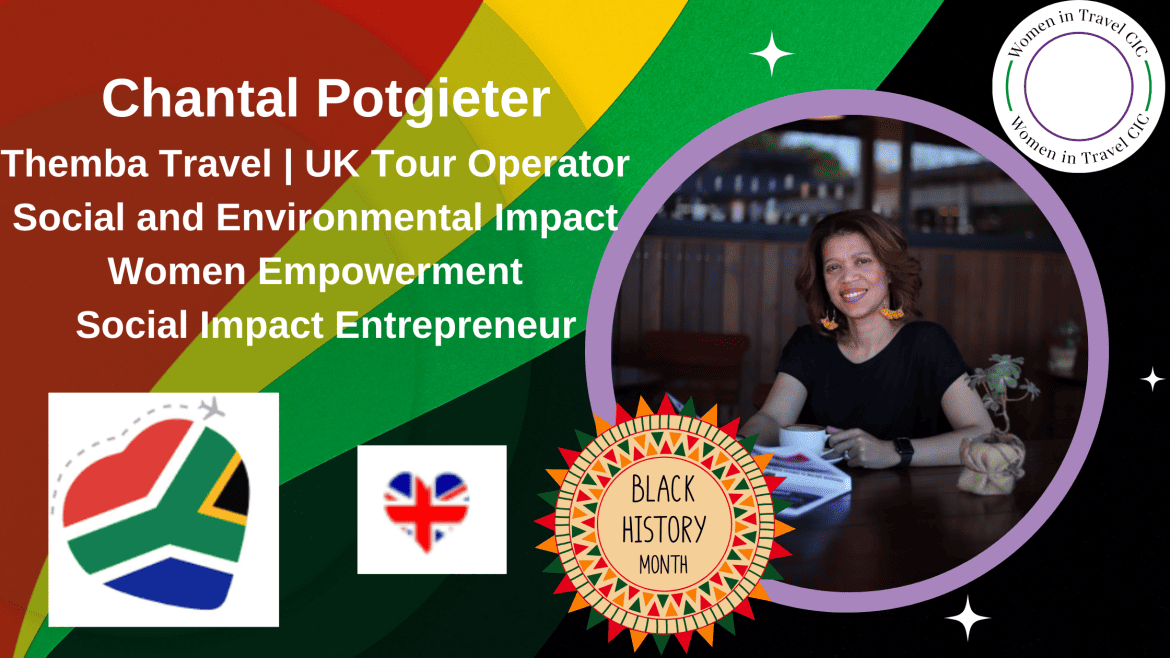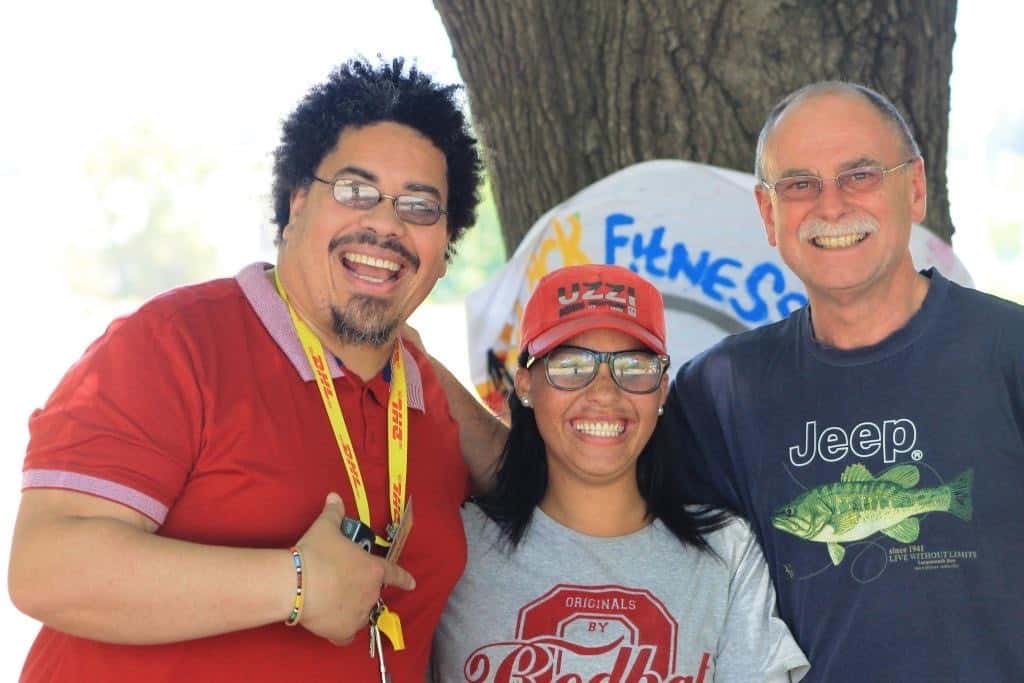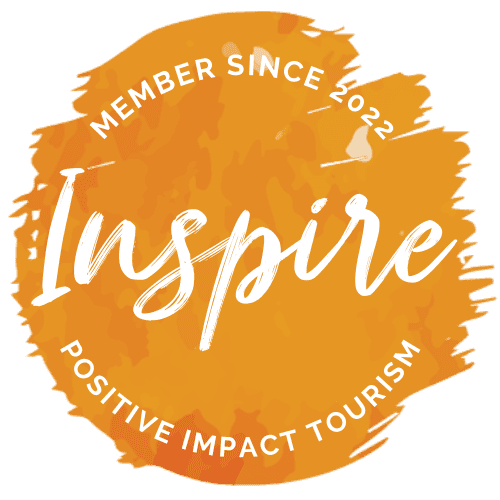What’s in a name? Standing tall at 1,084.6 m is the iconic landmark, called Table Mountain. One of the most visited attractions in the city. The name was given by Portuguese explorer, Antonio de Saldanha who was the first European to land in Table Bay. He named it in his native tongue which translates as ‘Table of the Cape’
This diluted translation is easy on the tongue but lacks imagination. It was the original inhabitants of the area, the Khoe-speaking people who named it ‘Hoeriqwagga’ which means, ‘where the ocean rises’... a much deeper and meaningful translation to the original natives before it was ‘discovered’ by foreign explorers. A label given through the colonial lens and somehow lost its power with it. Like many other things lost in english translation for the people of South Africa, it stripped the local people of their identity, their way of living close to nature, in fact part of nature and with nature. A healthy ecosystem existed between man, animal and the environment.
The mountain has a rich and diverse biodiversity and the predominantly fynbos vegetation on the mountain, were part of their everyday lives, whether used for food or medication. Today it is a protected area and a world heritage site. Across the world, in many countries the indigenous people have suffered the loss of their land and livelihood. Removed and displaced, they lost their culture, separated and stripped from their very being. Hope was restored when in 1998, the Working Group for Indigenous Minorities in Southern Africa together with the vision of Swiss anthropologist Irene Staehelin agreed to unlock the potential tourism opportunities and showcase the San Culture. Just 40 minutes away from Cape Town it gives voice to this prehistoric culture. San Culture Centre In fact, everyone at the centre are descendants from the Khoi-San people.
But the voices of the descendants in the urban areas are getting louder for their mountain, for their culture and for the future of their culture. These voices call for change and needs to be heard and recognised. Respect and dignity has to replace the exclusion and loss of identity.
Sustainable tourism is not just about the planet. It is about embracing cultures, and cultures are made up of people. We need to preserve our cultures, we need to celebrate our indigenous heritage and we need to make right what was made wrong. Its more than just a name, within it lies a rich whole culture and people group who need space and a stage to tell their own stories.
Take a local guide with you when you go up Table Mountain and feel how the ‘ocean rises’






